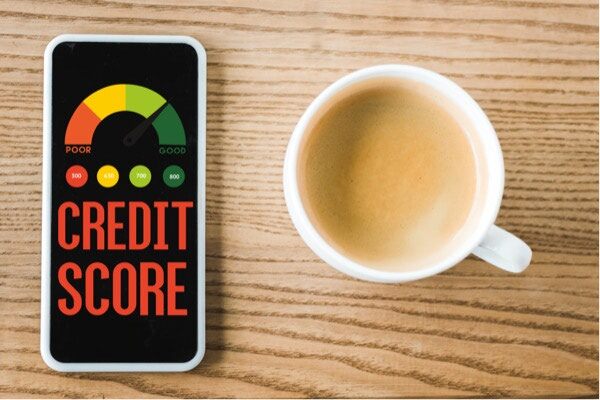How does one improve their credit score? Here are four key tips to help you build your credit profile this year.

5 tips to help manage your debt recovery
At some point in our lives, most of us deal with some kind of debt. Whether it’s a mortgage, line of credit, or credit card payments, the majority of us will owe something to someone at some point. Debt isn’t necessarily a bad thing, either. It can help us own homes, earn degrees, and do tons of other things that benefit us in the long run. The trouble starts when you find yourself unable to manage your debt.
If you owe money but can’t make your payments, your debt can become quite a scary scenario. Suddenly you’re sinking deeper into debt and aren’t sure what the best way is to pull yourself out. In some cases, all you need is an organized repayment plan, and other times you might need the help of a professional.
Here are five tips that can help you start to manage your debt, and kickstart your journey to living debt-free.
#1 Start with high interest payments
Depending on what payments you have to make, the highest interest rate you owe can vary. Maybe your rates aren’t too high at all, or perhaps they’re quite large, but in any case, organize all your payments based on those rates. Then, start by paying off the highest interest payments first. The longer you owe money, the more interest you will pay over time. If the interest is high on a certain payment, that means every month you’re adding a painful extra amount to your balance. The sooner you clear out those high interest rates, the sooner you can say goodbye to the biggest payments. This can save you money in interest over time and potentially increase your cash flow, helping you manage your debt.
#2 Pay more than the minimum
If you’re able, pay more than the required minimum amount on your credit card each month. Paying the minimum will still keep you afloat, but it helps if you can get a bit ahead by paying more. Credit cards also come with interest rates, so the higher your balance each month, the more you’ll have to pay. Depending on your interest rate, this can add up to a lot of extra money. If you have the ability to lower your balance with larger payments, this will speed up the payback process and result in less interest for you. The best strategy is to pay off your credit card in full every month, so you never carry an old balance into a new month. By starting fresh each month, you can ensure nothing from the past will start to pile up.
#3 Make a budget
Budgets are another handy method to help you manage your debt. Budgets may not be the most fun, but they’re certainly effective if used correctly. Your budget should take into account your income, monthly expenses, available savings, and lifestyle to form a plan that suits you and helps you clear debt. It will help you determine where you can spend and save, and how you can realistically work towards clearing your debt. The process may seem overwhelming, so here are some budgeting tips as well as some information on budgeting apps that can help you.
#4 Put credit cards away
If you’re already struggling with debt, try your best not to spend money you don’t have. If you keep contributing to your debt by using your credit cards, you’re digging yourself into a deeper hole. Every little thing you put on a credit card makes an impact, so it’s best to store them away if possible until you have your debt under control. It can be very tempting to pull out your cards when you’re out and about, so leaving them at home is likely a good option. If possible, use debit cards or cash for spending!
#5 Talk to a mortgage broker
If your debt is beyond budgeting tricks, it might be time to consult a professional. Brokers are experienced professionals who can help you decide what the best move is for you. If you’re a home owner, it might be time to consider a refinance. Securing a lower interest rate from refinancing can increase your monthly cash flow from reduced mortgage payments. Debt consolidation is another option, which lumps all your debts into one monthly payment, and one standard interest rate. Often, this lowers your rate and helps you keep track of your expenses, in turn, paying off your debt more easily.
Don’t panic if you’re struggling to manage your debt. Although it’s a scary situation, there’s a solution that can work for you. If you’re not comfortable making big money decisions on your own, or you aren’t familiar with your options, that’s where we can help! Unbiased mortgage brokers are dedicated to making you a priority, and doing what’s best for you.
If you have any questions about getting a handle on your debt, get in touch with us at Clinton Wilkins Mortgage Team! You can call us at (902) 482-2770 or contact us here.


